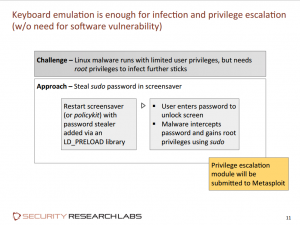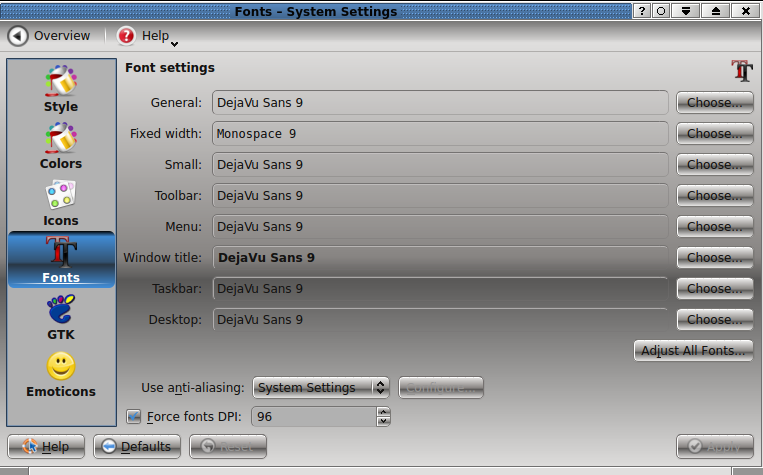There were seven of us gathered at a local watering hole down on Sixth Street in Austin. Just a few friends and associates who had run into each other and decided to pull a couple of tables together and share some time. A couple of them I knew. One was someone I run into professionally on a regular basis. We all had links to each other, in one way or another by various degrees of separation, but none of those links had much to do with technology or computers.
Until then.
 Several of us had recently gotten off work and had our laptops or minis with us. There were three on the table and one of us mentioned a particular clip on Metacafe. I opened my laptop and opened a browser to the mentioned link. It was to some contentious exchange between help desk technicians that devolved into a pushing match and ultimately into high-pitched screaming.
Several of us had recently gotten off work and had our laptops or minis with us. There were three on the table and one of us mentioned a particular clip on Metacafe. I opened my laptop and opened a browser to the mentioned link. It was to some contentious exchange between help desk technicians that devolved into a pushing match and ultimately into high-pitched screaming.
Modern-day warriors in the midst of cubicles.
Ken Starks is the founder of the Helios Project and Reglue, which for 20 years provided refurbished older computers running Linux to disadvantaged school kids, as well as providing digital help for senior citizens, in the Austin, Texas area. He was a columnist for FOSS Force from 2013-2016, and remains part of our family. Follow him on Twitter: @Reglue








 Jaimee is a bright young lady. She attends a magnet school for the gifted and accelerated students in the Dallas/Fort Worth area. She lives with her aunt during the school year and comes home to her family during the summer months. She will be a senior this coming school year and she is focusing on a career in physics. The entrance exam for this magnet school is brutal.Think of it as SATs on steroids. And this is just the high school.
Jaimee is a bright young lady. She attends a magnet school for the gifted and accelerated students in the Dallas/Fort Worth area. She lives with her aunt during the school year and comes home to her family during the summer months. She will be a senior this coming school year and she is focusing on a career in physics. The entrance exam for this magnet school is brutal.Think of it as SATs on steroids. And this is just the high school.

